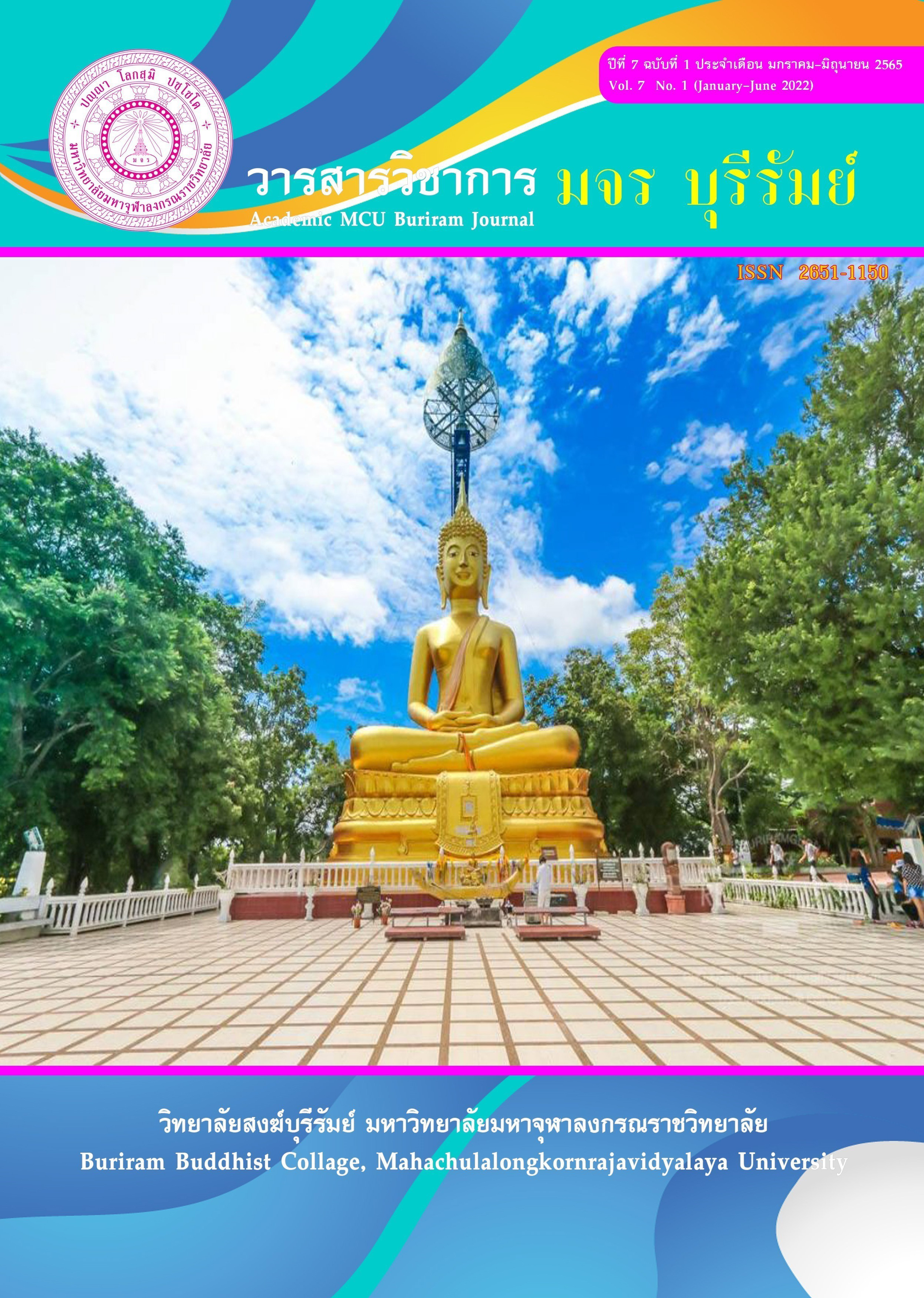The Role of Education in Dealing with Technology: Both Negative and Positive Impacts
Keywords:
Education, Impacts, Negative, Positive, TechnologyAbstract
At present, technology has rapidly advanced. Its influence does not merely affect the field of information and communication, but even a human’s daily life falls under control of the Powerful Technology. The situation is becoming much worse when a technology-made AI, or in other words, a robot or iron-human, will take real human’s place in working in office, factory, field and so on. A human is forced to change his paradigm and life-style to abide by technology, otherwise his life will be in dismay and he will be left behind as disparate and valueless, or even useless. Amidst the advancement of technology, there arise critical concerns, ‘Whether or not the advanced technology partially contributes to declining morality’ and ‘How education in terms of both institutions and persons will deal with such unavoidable situation.’ The article Is an attempt to answer the question via both educational administration and Buddhist approaches. In the former standpoint, the 21st century skills are brought into discussion side-by-side with the five separated generations of world population, as well as the E-learning system. As regards the Buddhist standpoint, Buddhism holds that the application of technology will generate either advantages or disadvantages, depending upon the ‘QUALITY’ of its users themselves, i.e. human beings. Humans are both the inventors and users of the technology. Naturally, technology is neutral, neither good nor bad, by itself. Should the technology users be good, it is sure that it will be used for the benefits of human beings, and if they are different, it will be harmful to all humans and all other living, or even non-living, beings. Buddhism is, of course, the great solution to the problem since its education or training system focuses on the Three Training Principles, namely, Precept or Sila, Meditation or Samãdhi and Wisdom or Paññã. Sila controls men’s physical and verbal behaviors, Samadhi controls their mental behaviors and Paññã, which is perfectly treated and trained by both Sila and Samãdhi, will realize the truth of all things, thus leading to the absolutely appropriate or beneficial use of the technology. The more humans are trained under these three Buddhist doctrines of training, the more useful the application of technology will become.
References
Abhidhamma Pitaka. (2017). Dhamma Sangani. Vol.34 Number 1 Page 1, Mahamakuta Vidyalaya Foundation. Mahamakuta Printing House, Bangkok.
Albert Einstein. (1954). The Human Side. edited by Helen Dukas and Banesh Hoffman, Princeton University Press. Retrieved August 10, 2020, from http://www.tricycle.com/blog/ einsteins-quotes-buddhism.
Gates, B. (2010). Education reform and technology. Retrieved September 24, 2021, from https://gatesnot.es/3AD7nU8
Brahmagunabhorn (Payut Payutto), Phra. (2016). Development of Technology. a lecture given to an academic forum organized by the Komol Keemthong Foundation.
Butra-Ruang, Thanom. (2007). The Role of Buddhist Universities to Solve the Problems of Global Warming and Worsening Humanitarianism.
Prince of Songkla, Mahidol. (2011). A Speech to Graduates of the Medical School, brochure published by the Ramadhibodi Hospital, Bangkok.
Reliefweb.int Website. (2015). World population prospects: 2015 revision. Retrieved August 14, 2021, from https://bit.ly/2VNgMcN
Schroer, W. (n.d.). Generations X, Y, Z and the others. Retrieved August 14, 2021, from https://bit.ly/37KZSO4
Suttanta Pitaka. (2017). Khu. Dhammapadagatha; Cittavagga. Vol.25 Number 13 Page 19, Mahamakuta Vidyalaya Foundation. Mahamakuta Printing House, Bangkok.
Downloads
Published
How to Cite
Issue
Section
License
Copyright (c) 2022 Academic MCU Buriram Journal

This work is licensed under a Creative Commons Attribution-NonCommercial-NoDerivatives 4.0 International License.
ทัศนะและความคิดเห็นที่ปรากฏในบทความวารสารฉบับนี้ถือเป็นความรับผิดชอบของผู้เขียนบทความนั้น ไม่ถือเป็นทัศนะและความรับผิดชอบของบรรณาธิการ





